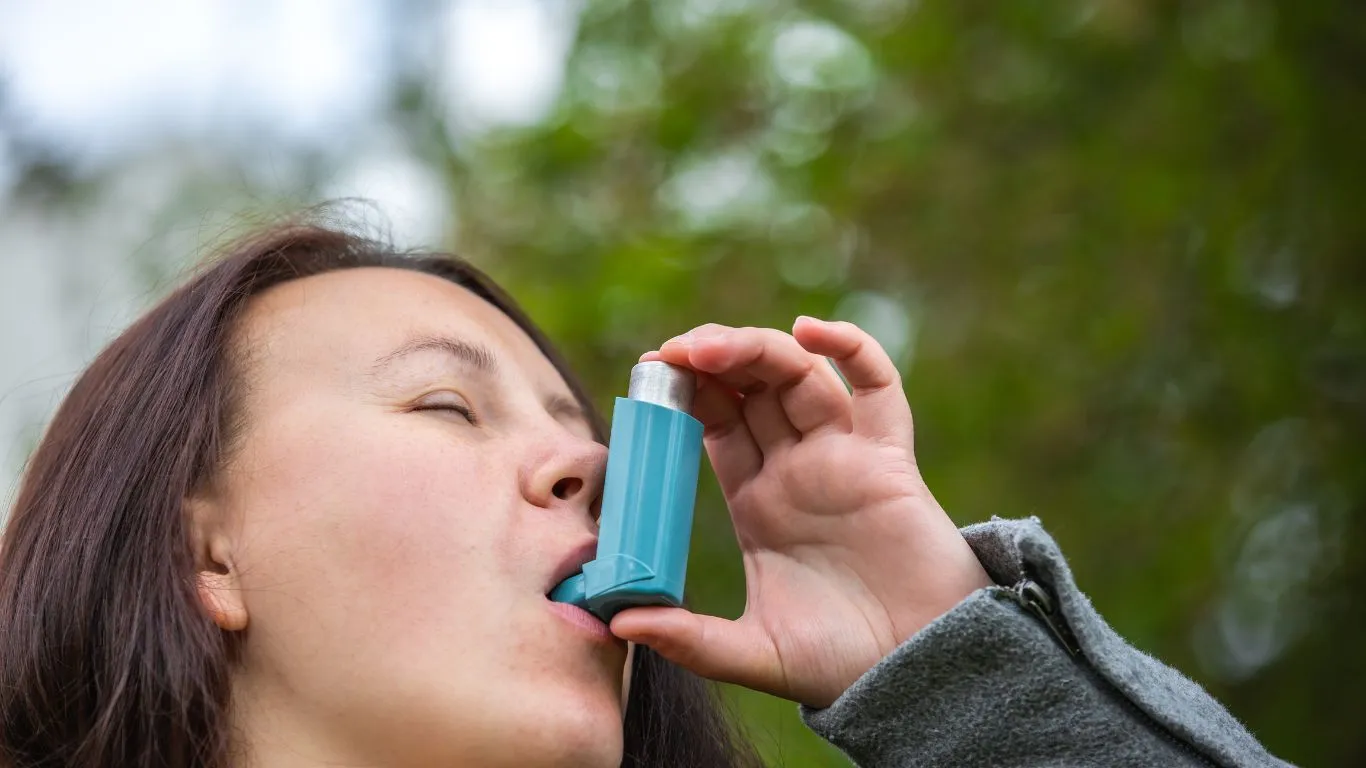Common Allergens Causing Asthma: What You Need to Know
Ever wondered what’s causing your asthma flare-ups? Turns out, common allergens could be to blame! Let’s take a closer look at the usual suspects.
When it comes to asthma, identifying your triggers is key to managing the condition. Asthma is all about how your airways react to certain irritants, which makes it a bit of a puzzle sometimes. For many people, allergens are the main culprits. These are substances that the body mistakenly sees as harmful and reacts to by causing inflammation in the airways. If you’ve ever felt the tightness in your chest or the wheezing when you’re around dust or pollen, you’ve probably experienced an asthma attack triggered by an allergen.
So, what are the most common allergens causing asthma? Let’s break it down!

The Usual Suspects: Common Allergens Causing Asthma
Asthma triggers can vary widely from person to person, but a handful of common allergens tend to cause flare-ups in most people. Knowing these can help you better avoid them or manage your symptoms.
1. Pollen
Pollen is one of the most well-known asthma triggers, especially in the spring when trees, grasses, and flowers start to bloom. When pollen levels rise, those tiny grains float through the air and can get into your respiratory system, causing inflammation in your airways.
I remember this one time I had a friend who would literally keep her windows closed during springtime. She didn’t have allergies, but pollen would trigger her asthma every single time she stepped outside. Pollen is just a sneaky one like that!

2. Dust Mites
Dust mites are microscopic creatures that live in household dust, mattresses, bedding, and carpets. They thrive in warm, humid environments, and if you’re allergic to them, they can definitely make your asthma worse.
You might not even realize they’re there, but they’re lurking around, causing trouble. A friend of mine had to replace his mattress because he couldn’t get his asthma under control. Even regular vacuuming wasn’t enough to keep the dust mites at bay.
How Do Allergens Cause Asthma?
When someone with asthma comes into contact with an allergen, their immune system overreacts, thinking that the allergen is a harmful substance. This triggers an inflammatory response in the airways, leading to symptoms like wheezing, coughing, chest tightness, and shortness of breath.
It’s kind of like your body’s alarm system going off for no reason. While someone without asthma might just sneeze or cough a bit, a person with asthma experiences more intense respiratory issues because the airways are already sensitive.
How to Manage Asthma Triggers
Okay, so allergens are everywhere, but don’t worry! There are plenty of ways to manage asthma, especially if allergens are your main trigger.
Here are some tips that can help:
- Control your environment: Make your living space as allergen-free as possible. Invest in air purifiers, regularly clean your home (especially dust and mold-prone areas), and keep your windows closed during high pollen season.
- Use medication as prescribed: Asthma inhalers or medications help control the inflammation caused by allergens. Your doctor will guide you on the right ones.
- Stay informed about pollen levels: Keep an eye on local pollen forecasts. If you know the levels are high, you can take extra precautions like staying indoors or wearing a mask.

Conclusion
Knowing the common allergens causing asthma is the first step toward better managing your symptoms. If you’re allergic to one or more of these common triggers, you can take proactive steps to reduce exposure. With the right treatments and adjustments, asthma doesn’t have to control your life!

Appendices
FAQs
- What is the most common allergen that causes asthma? Pollen is one of the most common allergens. It can trigger asthma attacks during specific seasons, particularly spring.
- Can pet dander cause asthma in people who aren’t allergic to pets? Yes! Even if you’re not allergic to your pet, their dander can still trigger asthma symptoms in some people.
- How can I reduce dust mite exposure? To reduce dust mites, wash your bedding in hot water regularly, use allergen-proof covers on pillows and mattresses, and keep humidity levels low.
- What can I do if mold is causing my asthma? Remove any visible mold and address the humidity in your home. Use dehumidifiers and ensure good ventilation, especially in damp areas.
- Are there any natural remedies for asthma triggered by allergens? While there’s no cure for asthma, some people find relief using air purifiers, essential oils (like eucalyptus), and keeping their environment free from allergens.
References
- American Lung Association. (2024). “Asthma Triggers and How to Manage Them.” Read More
- National Institute of Environmental Health Sciences (NIEHS). (2023). “Mold, Dust Mites, and Your Health.” Read More
- Asthma and Allergy Foundation of America (AAFA). (2024). “The Role of Allergens in Asthma.” Read More
Disclaimer
Disclaimer: The information provided in this article is for educational purposes only and does not substitute for professional medical advice. Always consult with your healthcare provider or asthma specialist for personalized guidance. Asthma management may vary based on individual health conditions.

Bianca Nala is a compassionate Nurse Practitioner with a strong background in primary and respiratory care. As a health writer for Healthusias.com, she combines her clinical expertise with a talent for clear, relatable storytelling to help readers better understand their health. Bianca focuses on topics like asthma, COPD, chronic cough, and overall lung health, aiming to simplify complex medical topics without losing accuracy. Whether she’s treating patients or writing articles, Bianca is driven by a single goal: making quality healthcare knowledge accessible to everyone.







